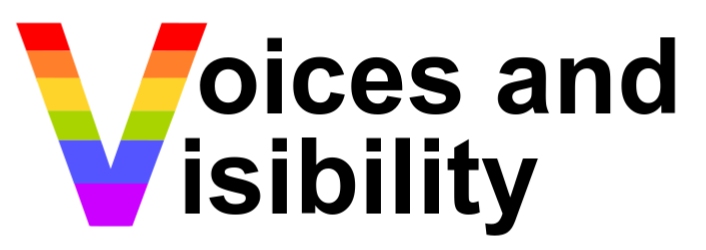Christine Burns

Trans rights activist and campaigner
1995
Parliamentary Forum on Transsexualism
‘For most it’s been a profoundly personal thing – not something to shout about, but a piece of paper to hold, to have a little cry, and feel closure at last.’
Christine Burns talking about gender recognition and marriage after the Gender Recognition Act.
Christine Burns is an out and proud lesbian trans woman. She spent thirty years as an information technology and business consultant. She then worked as an equalities specialist and in health services . Alongside her work she was a leading trans activist for twenty five years. Burns joined the trans campaigning group Press for Change (PFC) in 1993. As a member of PFC, Burns joined the Parliamentary Forum on Transsexualism in1995.
The Forum was one of many of informal cross-party groups in parliament. The idea for this interest group came from Dr Lynne Jones MP and a constituent of hers Dr Zoë-Jane Playdon, a trans woman. Members of Parliament joined with trans individuals, representatives of trans organisations, legal and medical experts, and government department officials. The members wanted to see legal reforms and influence policies affecting trans people’s lives in the UK.
Legal reform happened because of legal judgments.
In 1996 a European court ruled that the UK was breaking the European Union Equal Treatment Directive. A person transitioning from male to female had been sacked. PFC had supported the case. In 1999 the government brought in regulations to protect trans people in employment. Burns and other members of the Forum helped write Government guidance. This explained to employers how to use the regulations.
In 1999 a UK Court of Appeal decision gave trans people the right to attend a Gender Identity Clinic. That same year a government working group investigated the problems experienced by trans people in the UK. Burns co-wrote PFC’s response. The working group reported in 2000 using the information supplied by trans groups like PFC and the Parliamentary Forum. But then nothing happened.
In July 2002 the European Court of Human Rights ruled unanimously in favour of Christine Goodwin’s case for the right as a transsexual person to respect for private and family life, the right to marry and to found a family. In December 2002 the government said they would make a new law to protect the rights of transsexual people.
Burns and others from PFC worked closely with ministers and civil servants to prepare the Gender Recognition Bill. The Gender Recognition Act came into force in July 2004 across the UK. It was the most advanced legislation of its kind in the world. Burns was among the first to get a certificate recognising her gender under the new Act.
Burns began to focus more on the way trans people were presented in the media. She also did important work with the Department of Health and the National Health Service (England). She commissioned and wrote important guidance documents for NHS staff and service users.
In 2011 Burns resigned from the Forum (now for Gender Identity) after sixteen years. In retirement Burns writes pioneering books and articles about trans people’s history. She was the first trans Patron of LGBT History Month. In 2018 she edited the book, Trans Britain: Our Long Journey from the Shadows. In that book she writes, ‘If trans people in Britain were some sort of ‘overnight sensation’ then it was a long night, lasting generations.’
